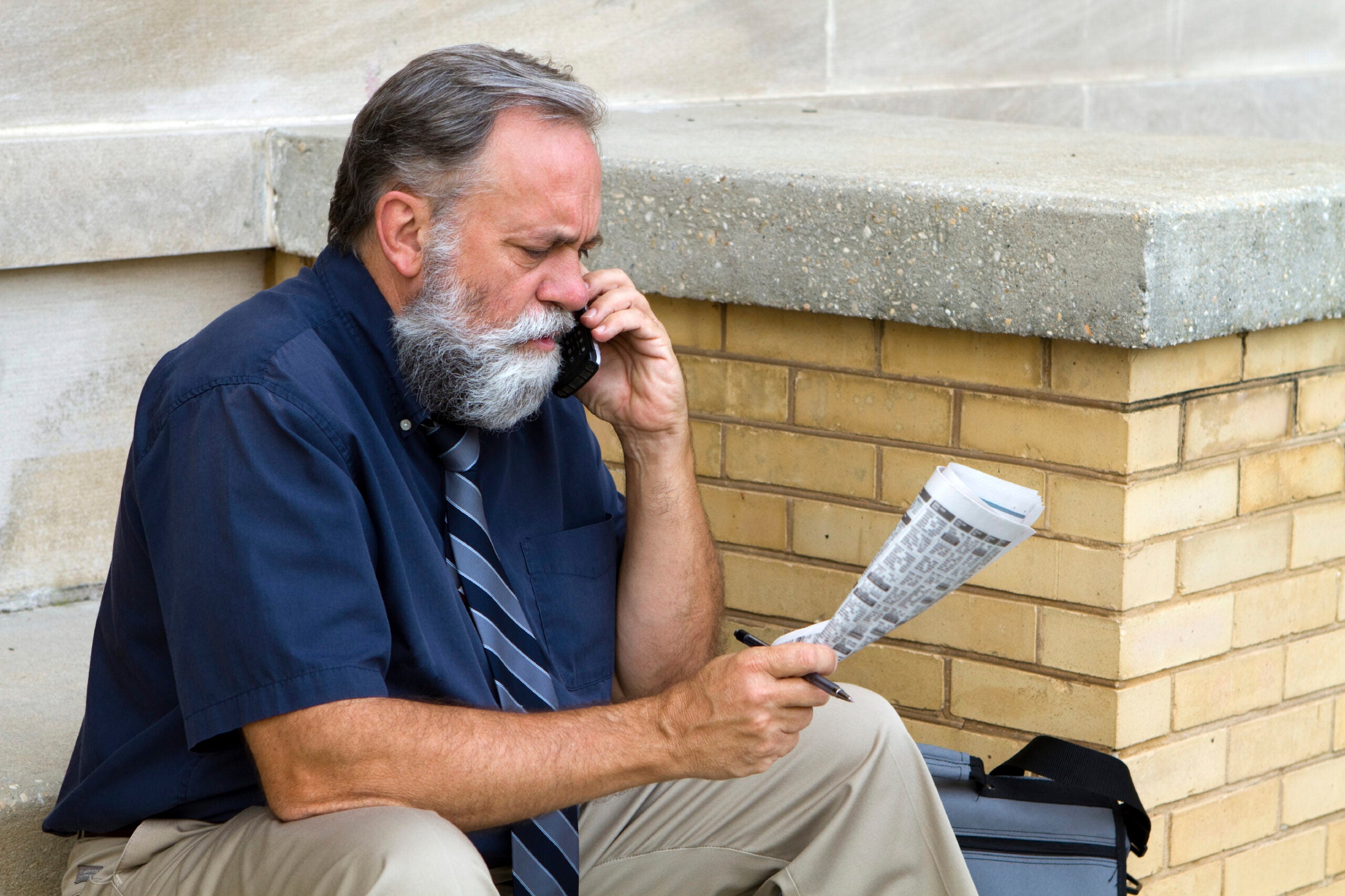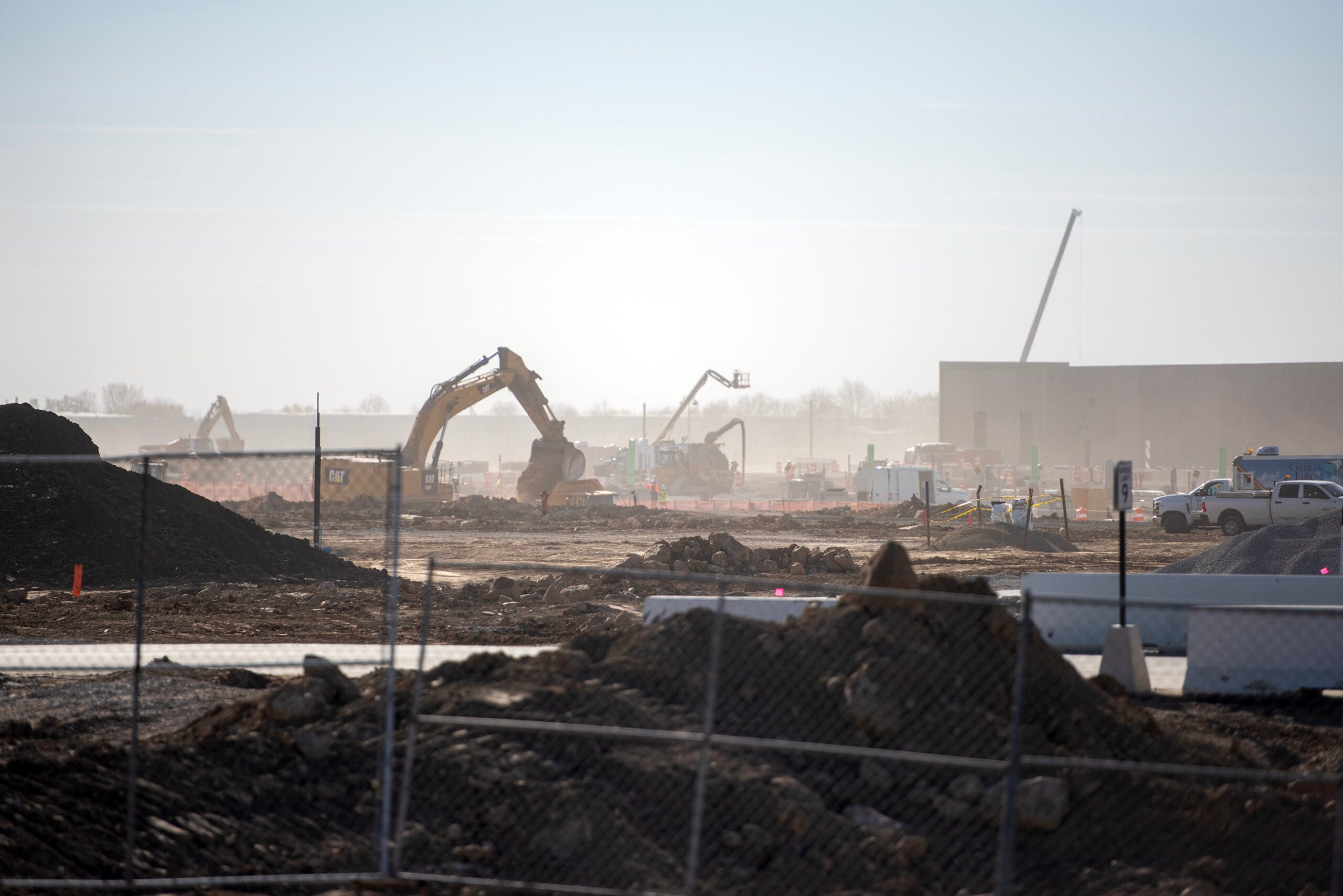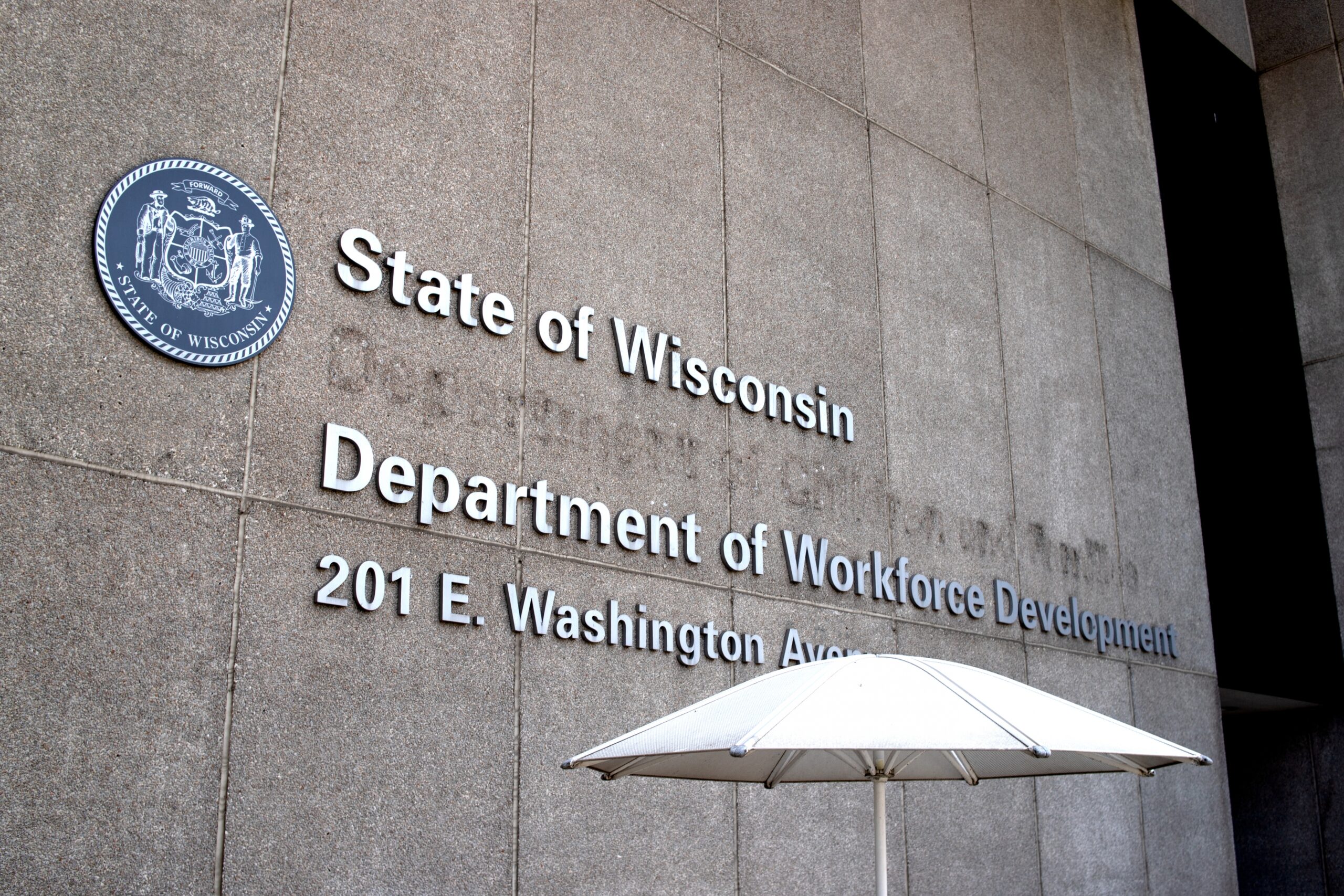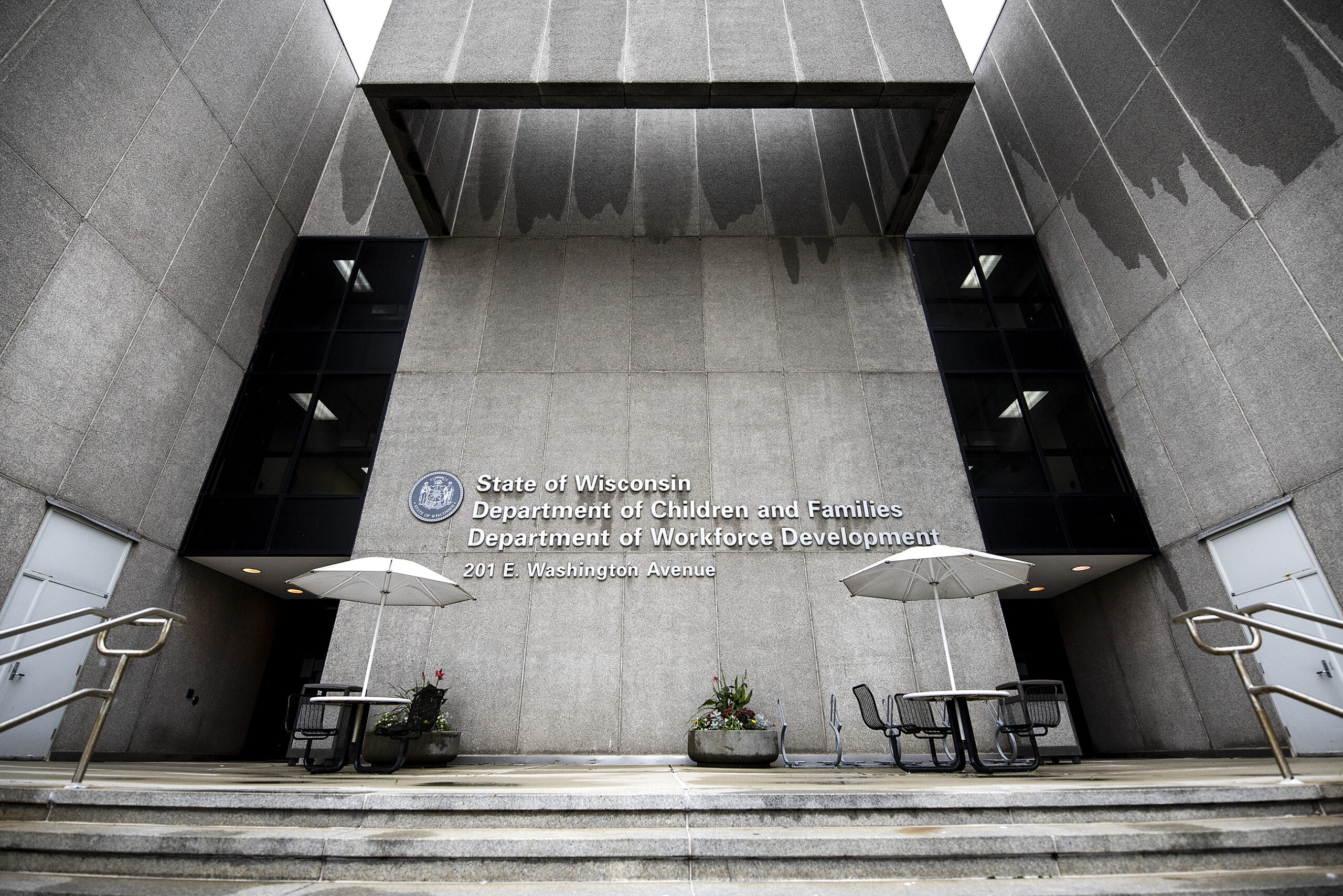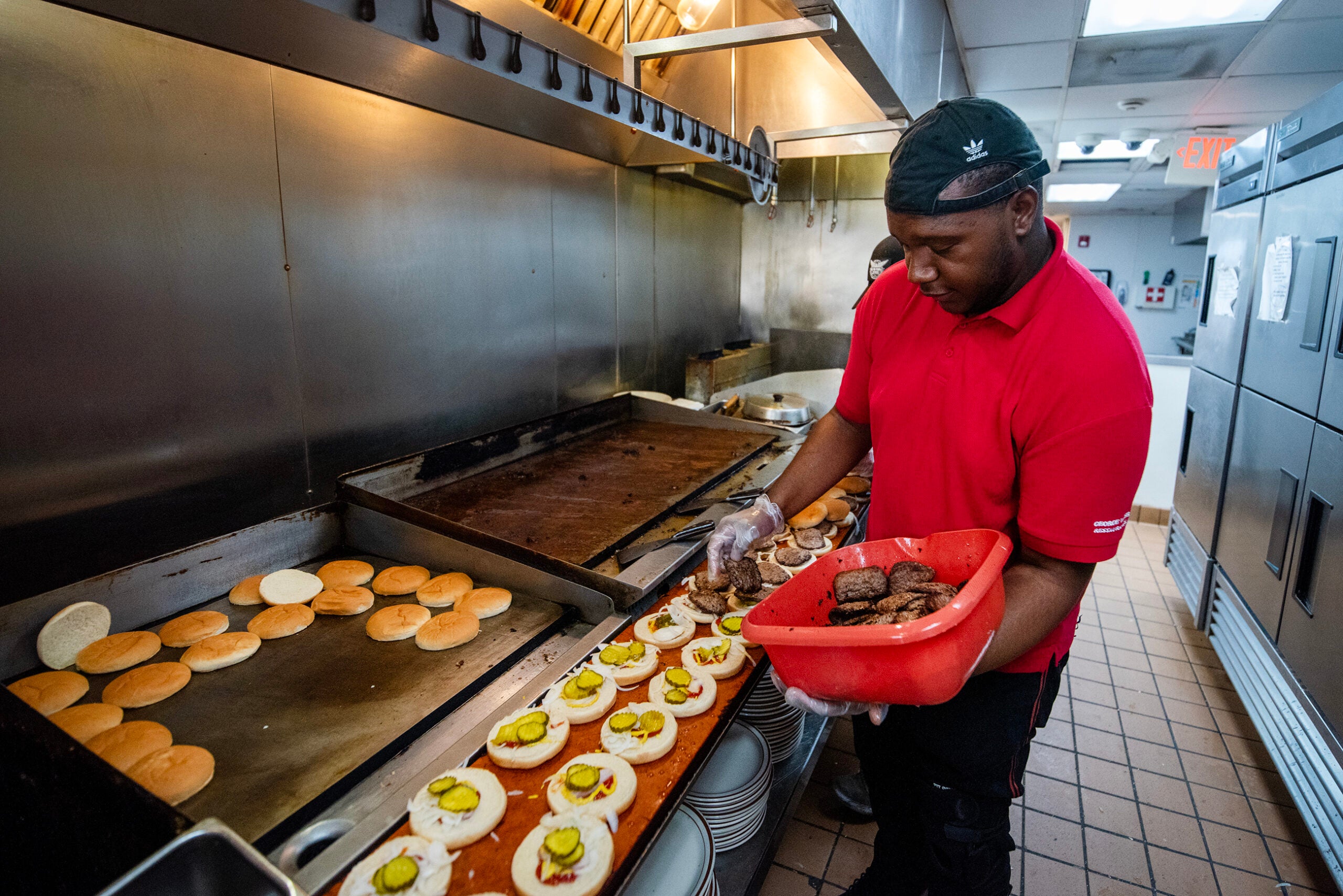Editor’s Note: One of the lingering after effects of the Great Recession has been long-term unemployment. In Wisconsin, more than one-third of unemployed people have been off the job for more than six months. An unsuccessful search for work can take a toll financially, even physically.
In the first of a five-part series on long-term unemployment, WPR reporter Shamane Mills looks at the stress on one’s body, their pocketbook and their mind.
Sometimes, finding a job is work. Just talk to the unemployed and those helping them.
News with a little more humanity
WPR’s “Wisconsin Today” newsletter keeps you connected to the state you love without feeling overwhelmed. No paywall. No agenda. No corporate filter.
Brian Covey, with Forward Service Corp., a private, nonprofit employment training agency, said that many of those seeking a job are weighed down by the burden of the search.
“I’ve heard a number of our customers say that finding a job is a heck of a lot harder than ever working,” he said.
Job seekers often have to learn computer skills just to reach out to employers who might or might not be hiring.
Jim Polinski, who lives in Oneida County and has been unemployed for a year, said that jobs are scarce.
“Home Depot’s cut back. We’re losing JC Penney’s. We’re going to be losing a furniture store downtown. Davenport Street in downtown Rhinelander looks like a ghost town. (There are) no businesses on it anymore,” he said.
As in other parts of the state, the number of job seekers in southern Wisconsin is often far greater than the positions available.
Lauri Meulemans, a Dane County social worker, said that the search can be mentally and emotionally taxing.
“The job market is very cruel right now. It’s not a kind place to be and to have to apply for a number of jobs over and over and over. To be rejected, it’s, it’s painful,” he said.
As an example, take James Van Gorden. The 57-year old Madison man has submitted hundreds of applications over the last 27 months. He said he hasn’t been picky. He’s determined to get work no matter what it takes.
“There was an ad in the paper, I called for it and it was cleaning out Porta Potties. I worked on a dairy farm. Doesn’t get any grosser than that, ” he said.
Despite his willingness to work, Van Gorden said he didn’t get the job. He has experience in construction, restaurant cooking and logging.
“I mean, I’ve done it all. A guy says, ‘How much experience?’ I said, ‘Well, I’m a jack-of-all-trades but an ace of none.’ Now, you put me in a kitchen and I will dazzle you. I mean, I am an incredible chef,’” he said.
Van Gorden’s long-term unemployment — or emergency benefits — have run out.
Polinski, 55, still has benefits as long as he goes to school but the former machinist worries about the future.
“What am I supposed to do at my age? It’s really hard. If I lose my unemployment, I might be homeless,” he said.
Adding to the stress is the fact that the deck seems stacked against those who arguably need a job the most. Covey, who works at a job employment agency, said the numbers don’t often present a promising picture.
“Statistically, you look at the numbers for the long-term unemployed, their chances of finding a job the further out they get drop dramatically,” Covey said.
And the longer people go without a job, the tighter money becomes. This can create more roadblocks to getting a job. People who can’t pay the phone bill have a hard time contacting employers. Those without a car might not be able to get to an interview.
Covey said there are public-private support programs to overcome these obstacles. One involves the state Department of Transportation.
“We have one in Wausau that helps people repair vehicles or get a vehicle purchase loan. And that’s for anyone at 200 percent or less of the federal poverty level,” he said.
Like other job centers around Wisconsin, Dane County has been able to have some on-site hiring. This has allowed social worker Laurie Meulemans to see something that’s hard to forget.
“Different employers come in to do the interview, hire on spot and the look on people’s faces when they’ve been able to get a job, even if it’s (a) temporary job, even if its low wage,” she said.
Meuleman calls it an amazing transformation as people get reconnected to work.
Editor’s Note: WPR continues its look at long-term unemployment on Tuesday with a trip to Janesville to see how that community is faring five years after General Motors closed its auto plant there.
Wisconsin Public Radio, © Copyright 2025, Board of Regents of the University of Wisconsin System and Wisconsin Educational Communications Board.

